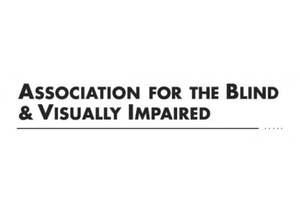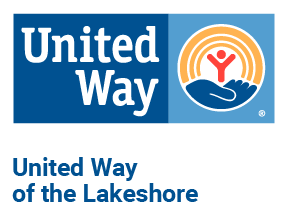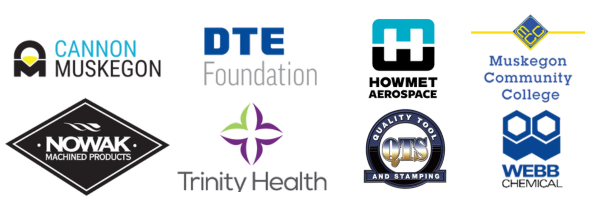
United Way Partner Funded Program
Low Vision Rehabilitation Program: Navigating Independence and Empowerment Through Access to Care
ABVI helps people who are blind and/or have low vision safely adapt lifestyles to their changing visual abilities. The clients we serve are referred to ABVI by vision specialists who can no longer help an individual’s vision through surgery or corrective lenses. When clients are first referred to ABVI, there is often the fear of not living an independent life. This fear also brings anxiety and depression associated with diminished visual ability. The clinical services ABVI provides through Low Vision Rehabilitation programming help maximize remaining vision and address coping with vision loss through counseling and support groups, ultimately helping people thrive in a sighted world.
Through our In-home Vision Rehabilitation programming, Certified Vision Rehabilitation Therapists (CVRT) teach clients living with blindness or visual impairments and their families how to perform daily tasks that have become difficult because of vision loss. Our trained clinical staff meet people in their homes and first provide an evaluation of their home to determine potential safety issues and offer advice on how to make their space more accessible, such as adjusting the lighting or rearranging furniture so that they can move more easily and more safely throughout their home. Clinical staff then works with individuals on a variety of other daily living skills, as directed by the client. Examples include helping individuals with vision loss re-learn personal hygiene skills, hone their ability to set their stove or oven to the correct temperature in order to safely cook for themselves or their family, and practice skills needed to manage their finances. We also provide suggestions of adaptive equipment and devices that can help individuals with vision loss with daily living skills such as reading, watching television, work/employment, schoolwork, and various hobbies. In addition, our professional staff work closely with individuals to ensure that they can safely travel around their home and in the community with the aid of the white cane.
Further, our Low Vision Clinic at ABVI helps individuals learn to use low vision aids such as reading glasses, magnifiers, and electronic magnifiers to enhance their remaining vision. Our low vision optometrists and professional staff meet with each new client and their family/support. Our optometrists perform basic vision tests including field of vision, refraction, glare, lighting, magnification needs and more. After these initial tests, an individual’s treatment plan is developed, including recommended low vision equipment, as well as follow-up services from our agency or other community agencies depending on their needs.
ABVI asks for information about each client’s needs and interests, to maximize their remaining vision. A majority of our clients simply want to continue living alone safely, paying their bills, and enjoying activities such as watching TV, reading, and knitting. Each of our clients agrees to a collaborative plan with our low vision team to accomplish what’s realistically achievable with their remaining vision.
Ultimately, our Low Vision Rehabilitation programming aims to empower individuals with visual impairments to live independently, participate in their communities, and maintain a good quality of life. It's a holistic approach that combines medical, functional, and emotional aspects to support the individual's overall well-being.
ABVI has provided Low Vision Rehabilitation programming in Muskegon, Newaygo, and Oceana counties for several years. Many people rely on our services. Combined service numbers for 2022 and 2023 for these counties include 211 individuals.
About the Association for the Blind & Visually Impaired
The Association for the Blind and Visually Impaired (ABVI) was founded in Grand Rapids, Michigan in 1913 and is one of the oldest nonprofits in Michigan. ABVI offers a variety of programs and assistance for people with visual impairments or blindness. Our mission is to, “help individuals with low vision or blindness thrive in a sighted world.” Serving more than 1,000 people each year, our core services include low vision clinics, in-home vision rehabilitation, mental health counseling, guidance on daily living skills, free vision screenings for adults throughout West Michigan who might not otherwise have access to vision screenings, support groups for people living with vision loss, assistive technology, and supportive programs for youth.

